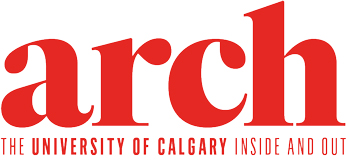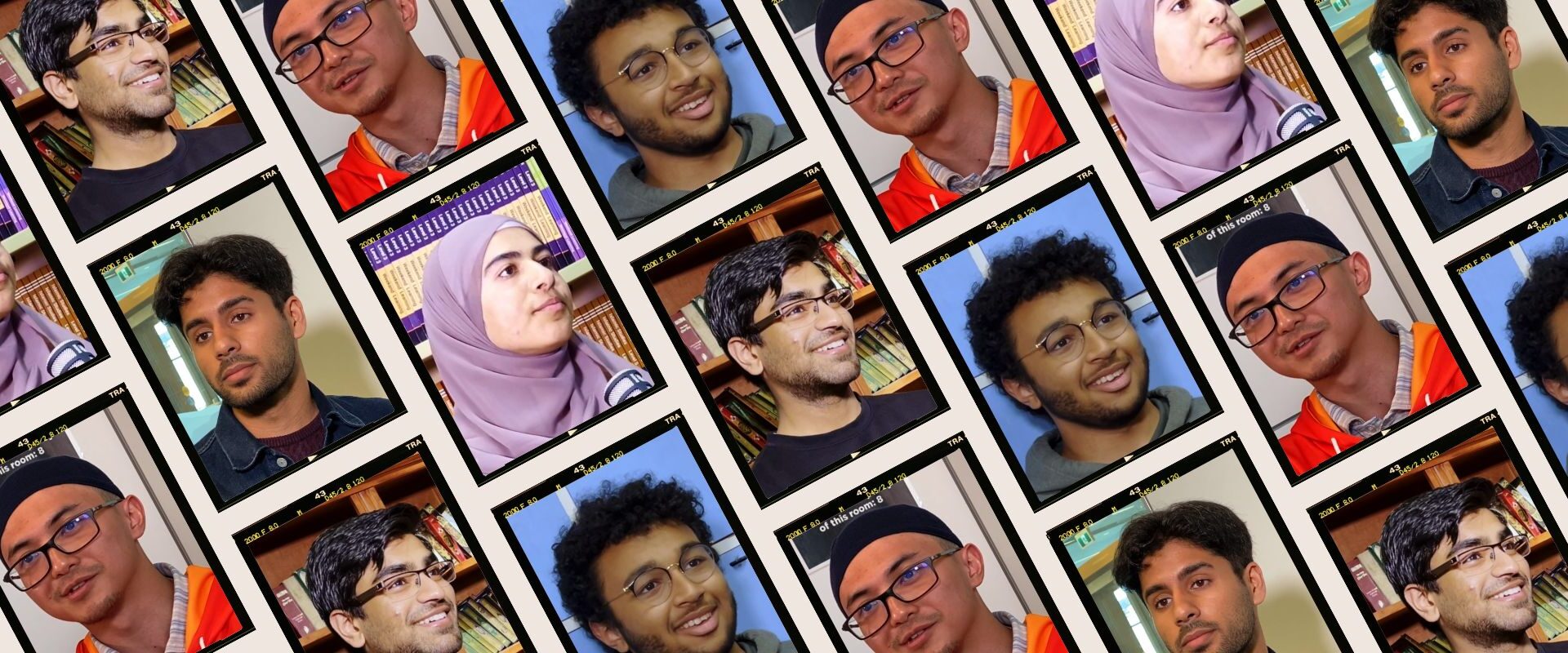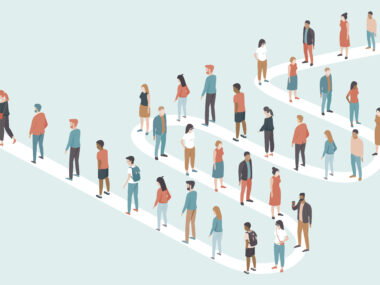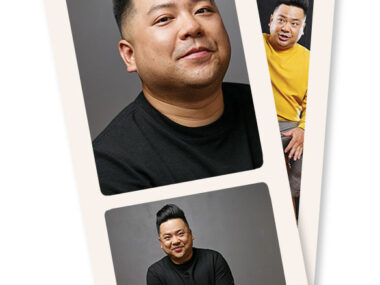Written by Jacquie Moore, BA’97
Tuka Ali doesn’t wake up in the morning expecting an easy path. Indeed, as she dons her hijab, she knows she will likely encounter micro-aggressive behaviours from folks on the bus, at school, in the grocery store, etc., who make assumptions about why she’s covering her hair.
As a young Muslim woman living in Canada, Ali often feels misunderstood as she navigates the world in a non-Muslim country.
Her recent participation in a nationwide storytelling research project, led by University of Calgary associate-professor of social work Dr. Aamir Jamal, PhD’13, allowed her to shine a light on the challenges that come with a ‘hybrid-identity’ experience.
Jamal is one of the world’s foremost experts in the sphere of men’s engagement in gender justice, prevention of domestic violence and womens’ rights in the global south. Over the past four years, he and colleagues from across the country interviewed dozens of young Muslim-Canadians about how they identify with, and find connection in, their Islamic communities.
“There is a lot of rationale and meaningfulness in Islam for Canadian youth, and many are looking to find and create positive places in their community,” says Jamal, adding that speaking with these young adults for the Canadian Muslim Youth project, “was often a very emotional experience for them, and for me.”
Given that there are more than one million Muslims in Canada — a demographic that constitutes the youngest Canadian population, with a median age of 29 — it’s imperative that this key population is supported and empowered to flourish with social and emotional health. To that end, the project was designed to help decrease discrimination and alienation and increase understanding about Islam in a non-Muslim country where negative stereotypes persist.
Jamal says the project created a space to let young people find connection and understanding by sharing their personal stories, and it has provided an illuminating and powerful research platform.
“In listening to their stories, I would say that these young people have a profound sense of Canadian citizenship,” says Jamal. “They consider themselves active citizens of this country, and they are aware that their religious understanding is different in many ways from their parents’ and earlier generations. They seek leadership and community that reflects these identities.”
Indeed, it’s not easy finding balance, inspiration and connection in a place where not only is one’s religion little-understood and often incorrectly perceived, but where the generation gap at home can be difficult and painful. Jamal and his team are currently analyzing the information and insight they’ve collected from young Muslim students, religious and community leaders, social workers, therapists, and parents since 2019. Their findings will guide recommendations to government, policy-makers, NGOs and the wider Muslim community in Canada.
“All these personal struggles — racism, conflicting identities, pressure to fit in, negative media attention, polarization in political discourse that portrays belief in Islam as a terrorist act, etc. — all of that has an impact on the well-being of Muslim youth,” says Jamal. “We must equip our community leaders to understand these issues and positively support Muslim youth in this country.”
These are a few of the digital stories developed for Canadian Muslim Youth: Identity in the Context of Global Conflicts.
“I’m Not Trying to Blend In”
For Tuka Ali, wearing the hijab is a sign of courage and faith. “I’m not trying to please others,” she says. “I put on the hijab for the sake of Allah.” Islam, she says, “is meant to be a ‘strange religion,’ and we’re not meant to blend in with everybody else.” Learn how Ali finds strength and peace in presenting herself as a visible Muslim in a community and country that often doesn’t understand why she does so.
“Barometric Pressure Mash-up”
Thoughtful, articulate and hopeful, third-year psychology major Danial Jamal is eager to help others find what he seeks — that is, a “positive feedback loop of enjoying who we are and how Muslim youth develop in Canada and at home.” Jamal explores the challenge and meaningfulness of upholding his Pakistani cultural values and his Canadian identity, at the same time as finding levity in life as a young student.
“I Am a Positive Light”
From Indonesia to Qatar, geology student Haidar Putra spent most of his childhood and young adulthood in Muslim countries where he rarely had to explain his religious beliefs and traditions. When he arrived in Canada during his high school years, Putra was somewhat of a curiosity in his largely non-Muslim classroom; easygoing and compassionate, he saw his unique background as an opportunity for conversation and connection. “I started wearing a prayer cap to signal that I am religious, and to remind myself that I am a positive light for the Muslim community,” he says. “People have been really welcoming and understanding.” Still, there are challenges to finding a solid community — even getting to a mosque (they are few and far between in Calgary) can take time and effort.
“It’s OK, You Don’t Have to Forget Who You Are”
Student, activist and spoken-word poet Fawaz Saleem is devoted to help new-Canadian Muslims connect with like-minded peers in fun, meaningful activities. Grateful for traditional and social media’s role in bringing positive awareness to the needs and interests of Muslim youth, he’s also acutely aware of its power to perpetuate negative stereotypes. Saleem discusses “invisible” versus “visible” Muslims and how he believes young people can learn to cultivate courage and confidence in living with authenticity and harmony in a multicultural country.
“Am I Muslim Enough?”
Critical of destructive political policies in some Muslim countries including Saudi Arabia, Mohamed Ahmed is an Egyptian-Canadian journalist and youth worker in Calgary. He’s committed to the improvement and enrichment of the Muslim community — a passion that has served to strengthen his faith and create a positive personal experience in his now-home country. Unlike many of his peers, Ahmed doesn’t see himself as having a “hybrid-identity;” he encourages Muslim youth to cultivate empathy, curiosity and inspiration here in Canada.




